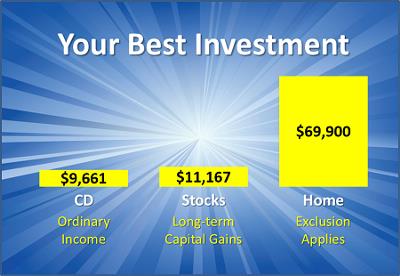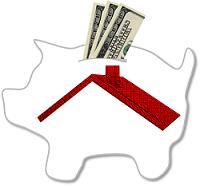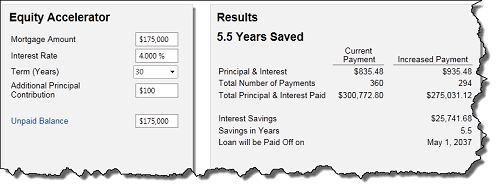Reverse Mortgages

Reverse mortgage loans are like traditional mortgages that permits homeowners to borrow money using their home as collateral while retaining title to the property. Reverse mortgage loans don't require monthly payments.
The loan is due and payable when the borrower no longer lives in the home or dies, whichever comes first. Since no payments are made, interest and fees earned are added to the loan balance each month causing an increasing unpaid balance. Homeowners are required to pay property taxes, insurance and maintain the home, as their principal residence, in good condition.
Reverse mortgages provide older Americans including Baby Boomers access to their home's equity. Borrowers can use their equity to renovate their homes, eliminate personal debt, pay medical expenses or supplement their income with reverse mortgage funds.
Homeowners are required to be 62 years and older and meet the following requirements:
- Own the home free and clear or owe very little on the current mortgage that can be paid off with the proceeds
- Live in the home as their primary residence
- Be current on all taxes, insurance, and association dues and all federal debt
- Prove they can keep up with the home's maintenance and repairs
Payouts are based on the age of the youngest spouse. The younger the age, the less money can be borrowed. Reverse mortgages offer two terms ... a fixed rate or variable rate. Fixed rate HECMs have one interest rate and one lump sum payment. Variable rate loans offer multiple payout options:
- Equal monthly payouts
- A line of credit with access until the funds are gone
- Combined line of credit and fixed monthly payments for a specified term
- Combined line of credit and fixed monthly payments for the life of the loan
Traditional reverse mortgages, also called Home Equity Conversion Mortgage, HECM, are insured by FHA. There are no income limitations or requirements and the loan funds may be used for any purpose. The borrower must attend a counseling session about the HECM, its risk, benefits, and how much can be borrowed. The final loan amount is based on borrower's age and home value. FHA HECMs require upfront and annual mortgage insurance premiums but can be wrapped into the loan.
Proprietary HECM loans are not federally insured. Lenders create their own terms, including allowing loan amounts higher than the FHA maximum. Proprietary HECMs don't require mortgage insurance (upfront or monthly), which may result in more funds available. Proprietary reverse mortgages typically have higher interest rates than FHA HECMs.
Advantages
- Create a steady stream of income during retirement
- The proceeds aren't taxed or risk borrower's Social Security payments
- Title and rights to the home are retained by the homeowner
- Monthly payments are not required
Disadvantages
- The loan balance increases over time rather than decreases as with an amortizing loan
- The loan balance may exceed the property value eliminating inheritance
- The fees may be higher than traditional mortgage loans
- Any absence of the home for longer than 6 months for non-medical or 12 months for medical reasons makes the loan due and payable
More information is available about reverse mortgages from the Consumer Financial Protection Bureau or Federal Trade Commission or HUD.gov.








